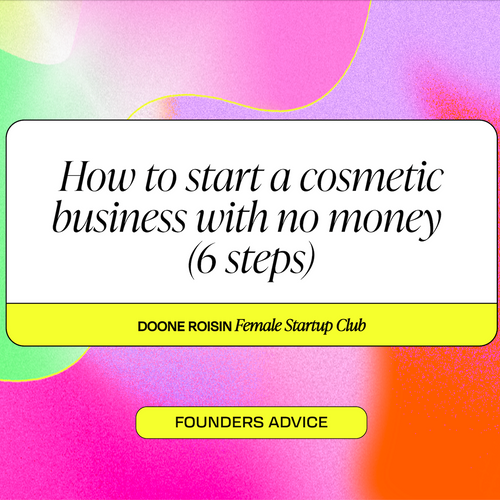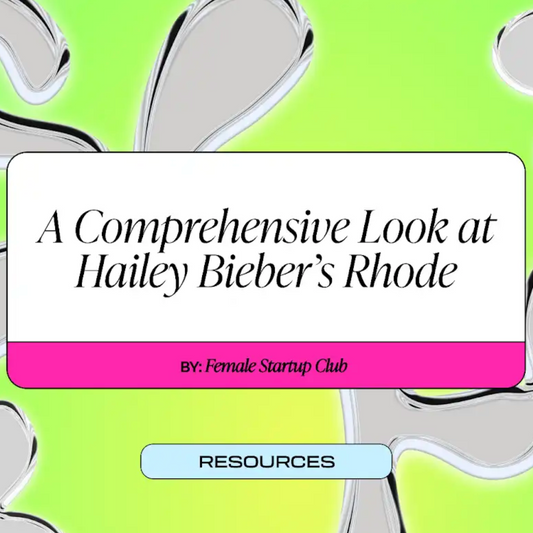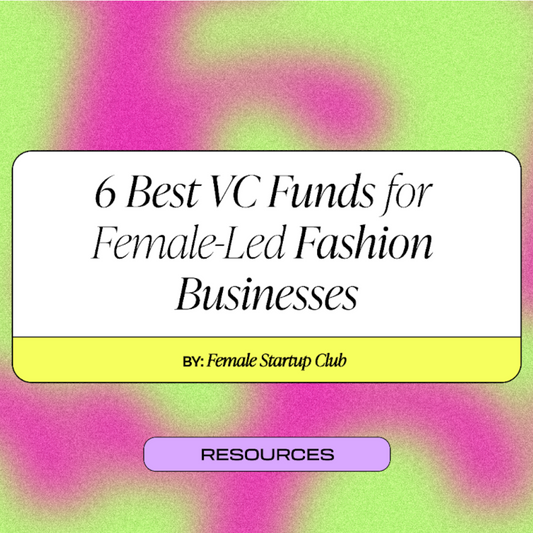Today on the show we’re learning from Nicole Centeno, the founder of Splendid Spoon.
The spark for Splendid Spoon came to Nicole in 2012. Working at Condé Nast and pregnant with her first son Grover, she came to realize how unattainable it was to achieve a healthy lifestyle alongside a demanding career and the day-to-day realities of being a working parent. What she wanted was to find a way to make nutritious, and, importantly, delicious plant-based food accessible to everyday Americans.
While working full time, Nicole began attending culinary school, dabbling in catering (by delivering soups on her lunch break that she’d cooked earlier that morning!), hosting pop-ups, and teaching cooking/nutrition courses at Columbia University. These experiences — coupled with her studies in diet therapies, a penchant for entrepreneurship, and a conviction that there must be a better way to eat well — convinced Nicole to take the leap and leave her corporate career to pursue food full-time.
What I love about this story, is that Nicole talks about having none of the business language, but all of the instincts when she was first starting out. She knew how to ask for things, she knew where she needed to get to but just didn’t have the language or the model to explain these things. This is so often the case for first-time founders. We know where we're going, and we have a plan, but we don’t speak the business jargon. In the end, the magic lay in being very passionate about what she believed in. That was the most powerful part of it. People had the conviction that she would keep trying. Had that tenacity, She had a story. With the key pieces to convince someone that she could make this bigger, she could get stuck in.
We’re covering her journey of side-hustle to 8-figure biz, the challenges that the food industry faces, and how to do a friends and family round. So much good stuff in here I know you’re going to love it!

Entrepreneurship often begins as a side hustle. For this founder, balancing a day job with a budding business was the starting point. Health insurance, steady income, and a comfort level with risk allowed her to slowly test the waters of running a business. In the early days, it involved a lot of physical labor, but she believed that emotions could guide her decisions. She learned that even under pressure, an emotional spark could fuel her vision. In fact, many entrepreneurs find that traumatic experiences can often ignite that initial fire to get things moving.
The Subscription Pivot: Scaling Beyond One ZIP Code
Like many business owners, she experienced a turning point—a pivot. Realizing that the opportunity wasn’t just about dominating one local area, but reaching a customer base across the U.S., she transitioned to a subscription model. This shift expanded her potential significantly and helped her see the landscape from a much broader perspective.
Marketing, particularly press and Facebook ads, became the two most critical levers for scaling the business. These tools helped her tap into new markets and build awareness for the brand across the country.
Navigating Business without Formal Language
When it came to working capital, she candidly admits she didn’t have the traditional “business language.” Instead, she relied on her instincts. Like many women entrepreneurs, she knew where she wanted to go, but wasn’t fluent in the jargon that often makes processes more efficient. She had to lean on a friend to help her articulate the key business elements needed for growth.
In hindsight, the magic in her pitch wasn’t just about having a perfect model—it was about passion. Her conviction, combined with a strong belief in her product and vision, resonated with investors. People didn’t just buy into the business plan; they bought into her ability to figure things out, her drive to keep pushing forward.
Raising a Friends and Family Round
She raised her first friends and family round when the business was generating $60K to $100K in revenue. Her advice? Pick a point in the near future—perhaps three years down the line—and work backward from there. It’s a difficult exercise but crucial in shaping the long-term vision. This projection, combined with passion and traction, is what convinces people to invest.
Early fundraising often involves a convertible note—essentially debt without giving away equity. In those early days, it’s crucial to find people who align with your mission. These supporters, or “fan girls,” are key to building a sustainable business. The founder recently closed a $20M round, showing the power of staying true to her mission while scaling.
The Complexity of the Food Industry
For entrepreneurs in the food industry, the challenges are steep. Food is operationally complex, spoils easily, and maintaining quality over time is tough. It’s not just about making something great once; it’s about doing it consistently, at scale. In an industry filled with competitors, the founder emphasizes the importance of differentiation. How do you stand out in a sea of sameness? That’s the challenge every food entrepreneur faces.
Key Advice: The Power of Saying No
When reflecting on her journey, one piece of advice stands out: have the courage to say no more often. As an entrepreneur, it’s easy to get derailed by trying to make everyone happy. But time is precious. Knowing your boundaries and having the strength to stick to them is essential for success.
6 Quick Q’s with the Founder
- Marketing moment: Publishing a cookbook.
- Business resource: The First Round Capital blog.
- Books that influenced her: The Hard Thing About Hard Things and The Artist’s Way.
- Daily ritual: Anchoring her day with meditation.
- Money mistake: Saying yes to a wholesale account that cost too much time—because, as she says, time is money.



